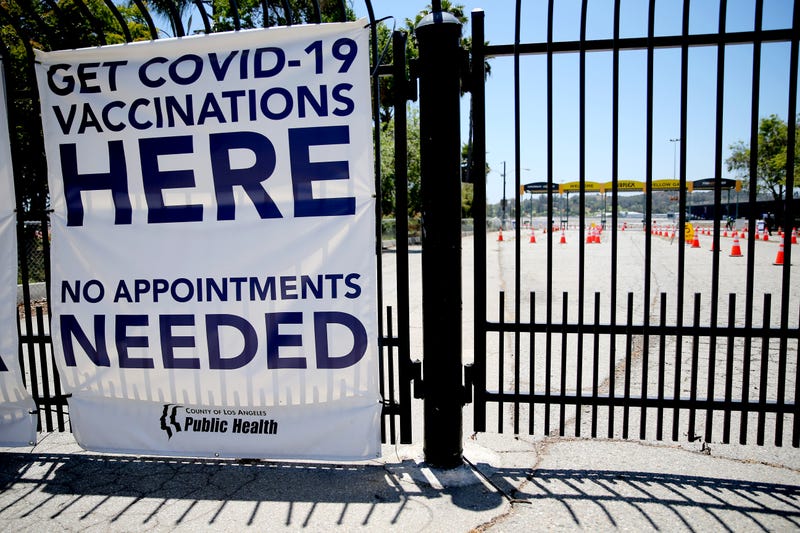
Will COVID-19 end up like polio or smallpox?
Dr. Monica Gandhi, Professor of Medicine at UCSF, explained to KCBS Radio’s Patti Reising and Jeff Bell on Thursday night that the former was eliminated in the U.S. while the former was eradicated.

In the case of polio, infections were reduced to zero, but children are still vaccinated against the disease in order to prevent its spread. Smallpox, meanwhile, exists only in laboratories.
But Dr. Gandhi said she doesn't expect COVID-19 to be eliminated or eradicated.
"I think the delta variant has made that a difficult proposition," she said in an interview on Thursday night. "It's very transmissible. But control of an infectious disease is a way to live, and we've lived with controlling many infectious diseases and it doesn't disrupt our lives like this."
In a piece for the San Francisco Chronicle published on Wednesday, Dr. Gandhi examined the 1918 influenza pandemic, as well as the smallpox and measles pandemics, in order to find a way forward from the COVID-19 pandemic.
Immunity is the only way, she wrote, telling Bell and Reising on Thursday that conclusion is the “most important lesson from any infectious disease history textbook.” The 1918 influenza pandemic, in particular, showed the very real human cost of achieving immunity in the absence of a vaccine: As much as 3% of the world's population died during it.
Unlike then, there are multiple vaccines capable of producing the necessary immunity – namely, cellular immunity and immune memory in addition to antibodies – to reduce COVID-19 to what Dr. Gandhi called "an inconvenience but not a world-stopper."
"We just didn’t have the numbers that we needed to go into the delta surge," Dr. Gandhi said, adding San Francisco the Bay Area "just needed higher levels of immunity."
"We thought we were high; we weren't high enough because it takes so much more immunity with delta," she added.

